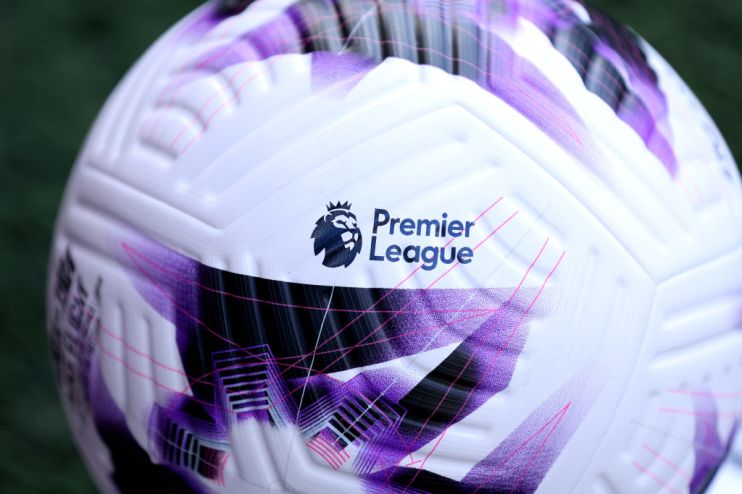Premier League accused of lobbying against Football Governance Bill

The Premier League has been accused by MPs of lobbying against the Football Governance Bill after taking out advertising targeted at Westminster lawmakers.
Caroline Dinenage MP, who chairs the Culture, Media and Sport select committee, wrote to Premier League chief executive Richard Masters on Tuesday to raise her concerns.
It comes after the Premier League bought advertising in a political media newsletter last week and Masters himself penned an opinion piece in a national newspaper.
“During our hearing on football governance and the continued failure to agree a financial settlement for the game on 16 January, you told the Committee that it would be ‘pointless’ to lobby MPs on the Football Regulation Bill [sic] when it is published,” Dinenage wrote.
“Since then, the Premier League has advertised for a week in Politico London Playbook to warn that ‘we must guard against unintended consequences’ and you have written in the Times asking MPs and peers ‘to protect the game’ warning that ‘it is a risk to bring politics and lobbying into football’.”
The Conservative MP for Gosport added on social media: “Despite assurances from Richard Masters, @premierleague seem to have embarked on a lobbying campaign against the Football Governance Bill, with targeted ads & meetings around Parliament.”
It is the latest instance of Dinenage confronting Masters and the Premier League, having previously accused them of “parking the bus” over a new and improved financial distribution deal for lower divisions.
The Premier League declined to comment but it is understood that Masters was saying that he would not lobby MPs on voting for or against the Football Governance Bill.
Dinenage also asked Masters for “the Premier League’s views on specific aspects of the Bill that could be improved, beyond the very broad concerns in the representations made so far.”
It is understood that the League chose not to comment on individual elements until it had seen the full bill, which was only published last month.
Its position on “unintended consequences” – that the incoming independent football regulator could harm the top flight, thus affecting the whole pyramid – has been consistent.
Supporters of the regulator argue that it is needed to prevent smaller clubs from financial ruin and to curb the powers of the biggest teams.
Prime Minister Rishi Sunak has warned that the regulator will step in and exercise backstop powers if a new deal on cash distribution is not agreed.
Premier League clubs have parked those discussions, however, until they finalise their own new financial rules in the summer.
